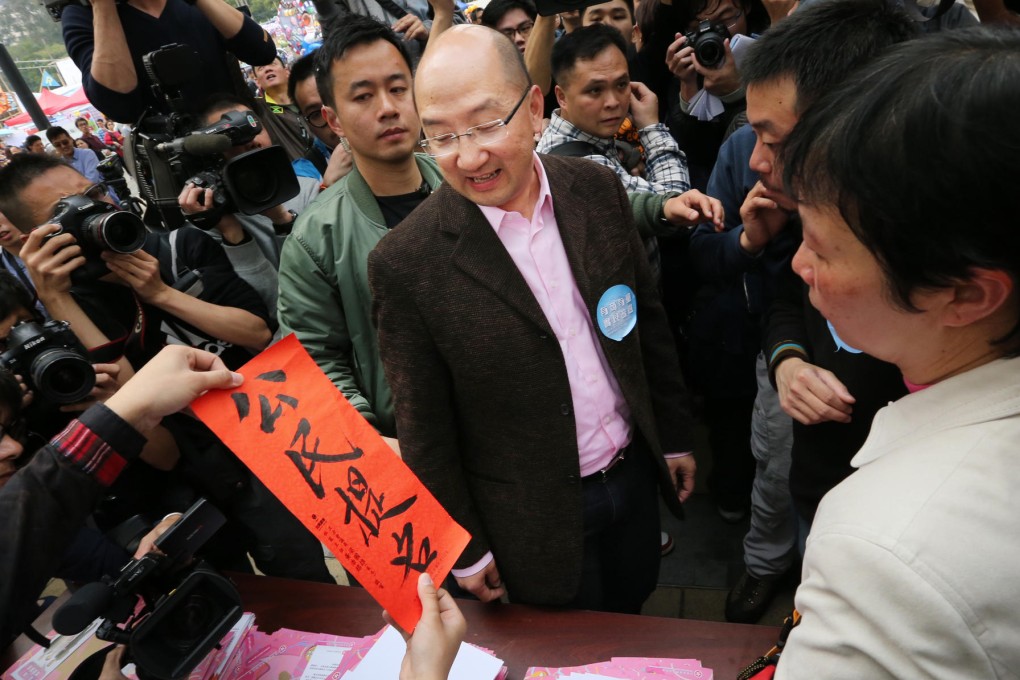Ministers' hands tied over public nomination because Beijing has final say: Carrie Lam
Ministers are not free to endorse the pan-democrats' public nomination plan just because the people want it, as Hong Kong is not an independent nation, the chief secretary said in response to students' questions at a political reform forum.

Ministers are not free to endorse the pan-democrats' public nomination plan just because the people want it, as Hong Kong is not an independent nation, the chief secretary said in response to students' questions at a political reform forum yesterday.
"The central government has decisive authority [over] the city's political reform," Carrie Lam Cheng Yuet-ngor said. "We are not an independent nation, in which we can implement whatever the people like."

The administration's No 2 declined to say if allowing the public to nominate candidates was against the Basic Law.
But in an outreach effort at Victoria Park yesterday, constitutional affairs minister Raymond Tam Chi-yuen said the government would release an interim report of mainstream views collected on reform by March. The report would analyse "public opinion on specific proposals".
Tam was greeted by pro-democracy protests during his visit to the park's Lunar New Year fair. One 58-year-old woman was arrested for common assault after she threw at least one object at Tam. She was later released on bail.